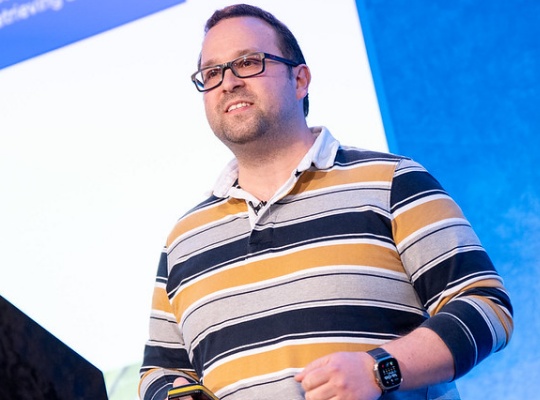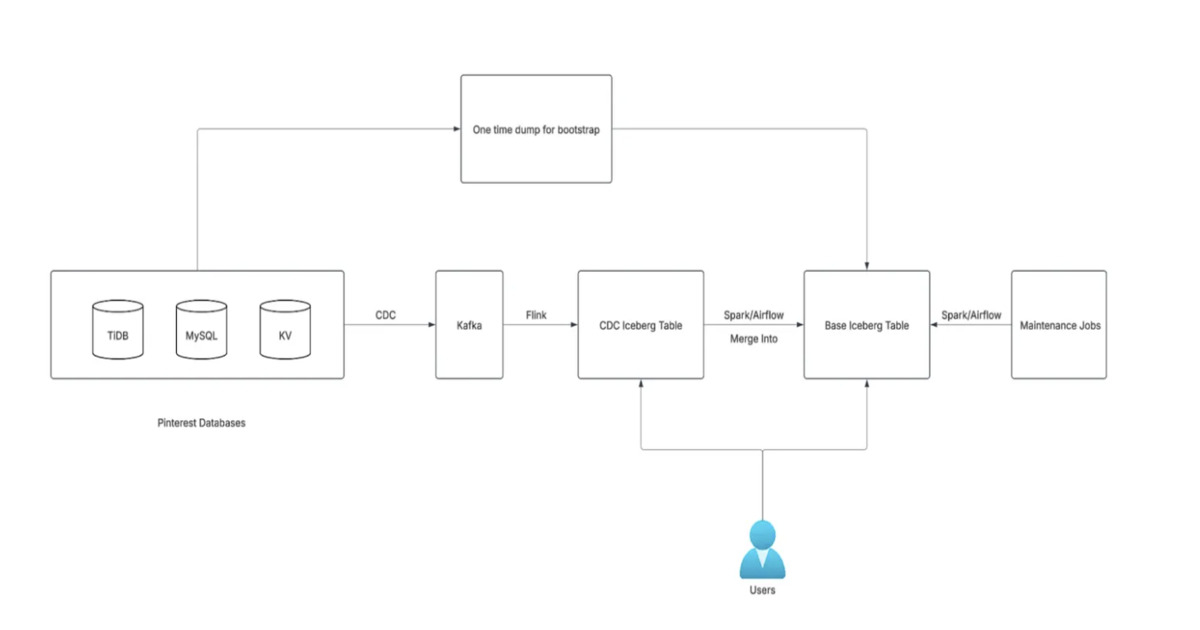Codetown
Codetown ::: a software developer's community
Using SQL with Node,.js
All the tutorials and books for node.js seem to use Mongo as the database. I am not sold on 'document' databases and would like to know how difficult it is to use any version for plain old tried-and-true SQL with Node.js.
Does anybody have any experience in this area?
Tags:
Replies to This Discussion
-
Permalink Reply by Lou Caudell on November 10, 2015 at 11:33pm
-
One of the traditional knocks on JS is the volatility of doing sql queries from a interpreted script. Not to mention security. In other words, how do you regulate resource for results in a varying client environment. Node.js is supposed to provide a server side capability. However I would be skeptical of it its implementation of a transnational capability. A memento pattern, or ability to rollback transactions, at least until thoroughly tested. Given the fact that most discussions are coupled with no-sql db's is a clue as to what its intended usage should be. Perhaps caches for local search tools like solr. Easy to update, and rebuild, but less likely to be an efficient engine for individualized rdbms queries.
Notes
Welcome to Codetown!
 Codetown is a social network. It's got blogs, forums, groups, personal pages and more! You might think of Codetown as a funky camper van with lots of compartments for your stuff and a great multimedia system, too! Best of all, Codetown has room for all of your friends.
Codetown is a social network. It's got blogs, forums, groups, personal pages and more! You might think of Codetown as a funky camper van with lots of compartments for your stuff and a great multimedia system, too! Best of all, Codetown has room for all of your friends.
Created by Michael Levin Dec 18, 2008 at 6:56pm. Last updated by Michael Levin May 4, 2018.
Looking for Jobs or Staff?
Check out the Codetown Jobs group.
InfoQ Reading List
Vercel Releases React Best Practices Skill with 40+ Performance Rules for AI Agents

Vercel has launched "react-best-practices," an open-source repository featuring 40+ performance optimization rules for React and Next.js apps. Tailored for AI coding agents yet valuable for developers, it categorizes rules based on impact, assisting in enhancing performance, bundle size, and architectural decisions.
By Daniel CurtisKubernetes Introduces Node Readiness Controller to Improve Pod Scheduling Reliability

The Kubernetes project recently announced a new core controller called the Node Readiness Controller, designed to enhance scheduling reliability and cluster health by making the API server’s view of node readiness more accurate.
By Craig RisiPresentation: Platforms for Secure API Connectivity With Architecture as Code

Jim Gough discusses the transition from accidental architect to API program leader, explaining how to manage the complexity of secure API connectivity. He shares the Common Architecture Language Model (CALM), a framework designed to bridge the developer-security gap. By leveraging architecture patterns, engineering leaders can move from six-month review cycles to two-hour automated deployments.
By Jim GoughMicrosoft Open Sources Evals for Agent Interop Starter Kit to Benchmark Enterprise AI Agents

Microsoft's Evals for Agent Interop is an open-source starter kit that enables developers to evaluate AI agents in realistic work scenarios. It features curated scenarios, datasets, and an evaluation harness to assess agent performance across tools like email and calendars.
By Edin KapićPinterest’s CDC-Powered Ingestion Slashes Database Latency from 24 Hours to 15 Minutes

Pinterest launched a next-generation CDC-based database ingestion framework using Kafka, Flink, Spark, and Iceberg. The system reduces data availability latency from 24+ hours to 15 minutes, processes only changed records, supports incremental updates and deletions, and scales to petabyte-level data across thousands of pipelines, optimizing cost and efficiency.
By Leela KumiliSwitch to the Mobile Optimized View
© 2026 Created by Michael Levin.
Powered by
![]()